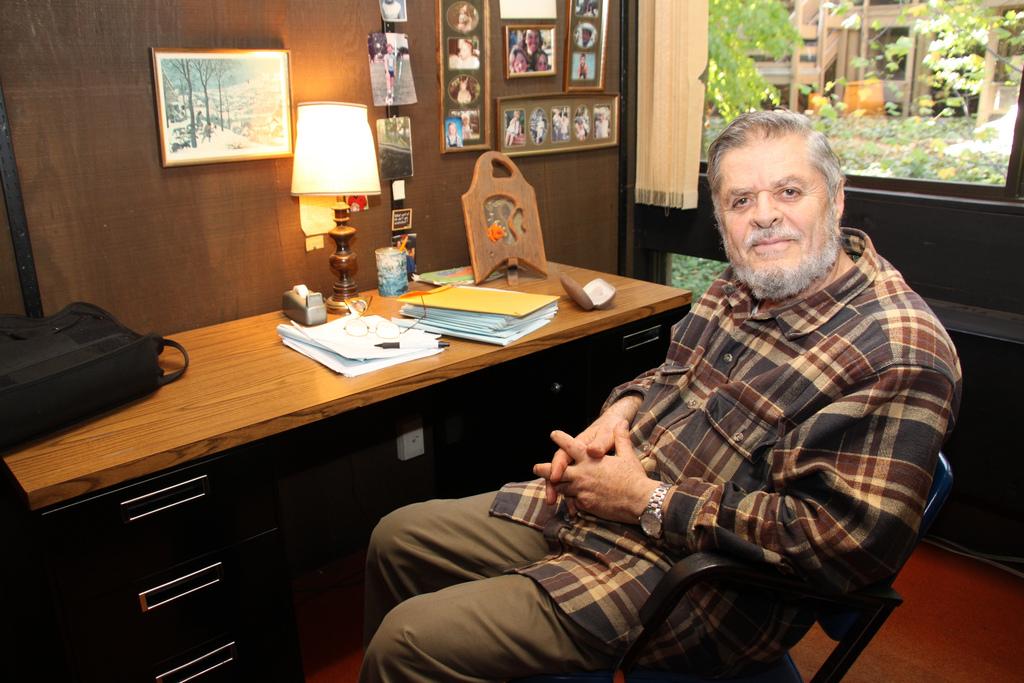Like most educators, DVC professor Amer Araim wants people to better understand a certain aspect, a little splinter, of life.
In this case, it’s Islam.
Araim’s book, “Understandng Islam: Fifty Questions,” which was published in September, addresses a number of questions he has received from people at churches, schools and speaking engagements.
“[People] want to know about [Islam]. I collected 50 of these questions and I put them in a book,” Araim said. “My idea is to speak to people to help them understand Islam.”
The book focuses on more than just the religious aspect of Islam.
“This book is not merely a religious book, it’s also explaining the Islamic culture,” he said. “We should know about the Islamic culture. It’s a part of sociology, history and political science. All is combined in this book.”
Born in 1940 in Fulljah, Iraq, Araim served as a diplomat with the Iraqi Embassy in Washington, D.C. before holding a number of jobs at the United Nations, including one with the U.N. secretariat where he worked as a political affairs officer against apartheid in South Africa.
He later accompanied a U.N. delegation to South Africa to congratulate President Nelson Mandela and the country on their efforts in ending apartheid.
He became a citizen of the United States and retired from the U.N. in 1999 to begin a teaching career, which included stints as a lecturer at Dowling College in New York and as a professor at San Francisco State University.
In 2003, he started teaching Middle East studies at DVC.
“There was a program here to teach the Middle East, but they did not have anyone to teach [the] class,” Araim said. They [asked] whether I could teach the class, and [I said yes].”
ASDVC president Katerina Schreck, who took Araim’s “Introduction to United States Government” class in the summer, said she liked his teaching style because he combined lecturing with class participation.
“I really liked him,” she said.
Political science professor Mickey Huff said DVC is lucky to have Araim. “What we have is someone with great international experience,” Huff said. “I admire him because he speaks out against injustices. He doesn’t troll along and just roll in line with it.”
Huff said Araim organizes a number of on-campus events that encourage discussion of current affairs and politics, and the two have had a number of panels and open forums on the Middle East and U.S. foreign policy.
“He brings teaching to the classroom in a way that is open,” he said. “He tries to open people’s minds, as well as people’s hearts, to understanding the importance of politics. He practices what he preaches.”
Araim explained that he wrote his book to help educate both Muslims and non-Muslims in the United States.
“I have a duty to educate Muslims — to let them know that we are in America,” he said. “We should care about the society where we live. We should build bridges with the other faiths and communities.”
Araim currently teaches one class, “Introduction to Politics,” but he said he hopes to teach up to three next semester. “In politics there are always controversies,” he said, “but it depends on the media and the public whether they want to pay attention to such controversies or not.”
Contact Jonathan Roisman at [email protected]






































































